|
Don't let the long list of ingredients fool you. This whole, delicious, filling and nutritious meal comes together pretty quickly and easily. This is a slight variation from the same recipe in Angela Liddon's OH SHE GLOWS cookbooks, which I cannot recommend highly enough. We discovered Liddon's plant-based work a couple of years back and many of her recipes are now staples in our weekly meal plans including this one! We love this recipe so much that we always double it so that we can have the second serving for lunch in the next day or two. If you take the time to bake some sweet potatoes ahead of time, you can reheat them in a microwave and have this meal on the table, ready to serve in less than 15 minutes! You will need either a food processor or a strong blender for the avocado crema. Don't like cilantro? Just leave it out! Click pdf below to get a printable version of the recipe
0 Comments
In Yoga, this movement from Plank to low Push-Up position is traditionally called a "Chaturanga." We do LOTS of these in Power Yoga. The more exhausted we get, the harder it is to keep the integrity of the pose. Try to keep all of this in mind-body as you practice.
As I note in the photo below, my butt is still a bit too high up in the bottom photo for absolute spinal integrity but, a girls gotta do what a girls gotta do to make it through a power yoga class, friends. LOL... which brings me to the point that Plank to Push-Up can also be done from the knees. All the same cues apply except your knees are your contact point instead of your toes. Taking this pose to your knees takes some of the load off so that it feels a little more doable. Though many folks stuck in Diet Culture aren’t much interested in it, Body Liberation is meant for everyone: all sizes, shapes, races, sexual orientations, genders, abilities, ages, etc…. The more our bodies do not comply with Diet Culture’s narrow beauty standards, the more often we feel that we do not deserve Body Respect, Body Kindness or Body Acceptance.
This week, make a list of all of the identities (or positionalities) you identify with or that are identified with you. Make a note after each identity about what Diet Culture tells you about that identity — within that identity, how have you been pressured to show up in order to be acceptable or valuable or lovable? Consider what you have done in order to comply with Diet Culture’s standards AND/OR consider how Diet Culture’s standards have made you feel about that particular identity. If you are active on social media, try to find at least one new account to begin following or one new group to join this week that is an example of someone (or many people) within at least one of your identities breaking free from diet culture and moving toward Body Liberation. If you are not active on social media, try finding a book about, website dedicated to or a local group of people who share… an identity with you and are actively breaking free from diet culture and moving toward Body Liberation. This exploration is based on one of the cards in Judith Matz’s and Amy Pershing’s The Body Positivity Card Deck: 53 Strategies for Body Acceptance, Appreciation and Respect. In cultures that experience four seasons, fall has traditionally been considered a sacred time. In certain earth-based traditions, November 1st is actually considered the true New Year and the last day of the year, October 31st, is understood and celebrated as a day in which there is a thinner veil between the living and the dead. This is a time to grieve and mourn and re-member those who have passed on before us but also to celebrate their lives and the lives that WE are still lucky enough to be living!
The contemporary way that Halloween is celebrated in the United States trivializes and commodifies this ancient and healing tradition though it does get one thing right: the joy. Despite our dominant culture’s association with death as a negative, hateful thing that we should always be trying NOT to think about… October 31st and November 1st come to remind us of our own mortality and to be grateful for the living that we get to do while we get to do it. Far from being a wholly somber practice, there is celebration in knowing that we are part of a cycle of natural life and death that started long before our existence and will continue long after we cease to exist. Part of the reason that Diet Culture is so successful in pushing its agenda is that we have been thoroughly separated from this natural, earth-based cycle and from the reality of our own mortality. Diet Culture promises ever-lasting life if we can only learn to control and dominate our bodies into thinness, which of course (in Diet Culture) is the marker of supreme health. If we engage in the practices of Diet Culture, we are told, we can stop the aging process and live forever. But Body Liberation has to be Death Positive which (though, “death positive” may sound scary) just means accepting that death is a reality and, if we are lucky, so is getting older. This week’s UNLEASHED invites you to play with these ideas, with this moment where the wheel of the year turns and we are reminded again that we are earth-bound creatures who are meant to live unique lives with multiple, intersecting identities that each deserve body respect, body acceptance and body kindness. Our world is not set up to encourage us to be kind to our bodies. We are overworked, sleep deprived, often undernourished, and usually dehydrated. We don’t have the time we need for leisurely, enjoyable moments with friends or family and most Americans have a nearly impossible time making time for any kind of joyful or intentional movement.
Worse than that, we are really encouraged to disconnect from our body and its clear signals to us. These signals show up in the form of small aches and pains, varying degrees of hunger and thirst, gut feelings and in other ways. When we are born, we have a high level of interoceptive awareness — that is, we can hear the body and we know how to listen to it, respond and demand that we get what the body needs. As we get older and “grow up,” our culture almost forces us to get better and better at ignoring those signals, muscling through them, or even finding them annoying and “wrong.” Body Kindness is the practice of re-learning how to tune into our body’s signals and honoring those signals by taking action. Body Kindness is feeling friendly towards our bodies in a way that helps our body’s trust that they matter. They are not just an annoying, betraying, “thing” we are forced to deal with (as our culture’s tell us they are), they are “US.” Our bodies are precious, one-of-a-kind, ultra-complex organisms that are constantly working hard to keep us alive and well. Body Kindness is approaching these miraculous organisms with love and respect and… well, kindness instead of the contempt we’ve been taught to have for them. Given that our culture is hell bent on us hating our bodies, the transition to Body Kindness is not always easy and it is not always linear. There will be good days and bad days. There will be days when we can turn to our bodies with a friendly and open heart and listen to its needs and honor its needs as we would a beloved pet’s. There will be days when we would rather pretend we don’t even have a body and we will ignore every signal our body sends our way! All of this is okay. A transition like this — which is pretty much a full paradigm shift or a full shift in our beliefs about the world and our place in it — requires time and lots of patience. And the older we are when we come to the concept of Body Kindness, the more time we’ve spent in the mode of Body Contempt. Like all transitions, knowing when we need help and what we need help with is key. Then, reaching out to those we know can help us will get us through! That is EXACTLY what our BDR Coaching Calls are for! And if the calls don’t feel like enough, this is precisely the point of JodiAnn’s Weight-Neutral Health Coaching — to help clients make the transition away from Body Contempt and toward Body Kindness. There is help available to you through this difficult transition! This week, consider times and ways you have felt Body Contempt. Write down as many examples as you can think! Then see if, one by one, you can reimagine these examples through the lens of Body Kindness. What would Body Kindness be able to do that Body Contempt was not capable of? How would Body Kindness have felt in those moments? Finish by writing THREE ways you can practice Body Kindness this week where normally you might experience Body Contempt. I’d love for you to share this work in our coaching calls, if it feels helpful for you to do that. Be well, JodiAnn A proper plank is an awesome foundation for many different functional movements. Holding plank is a great thing to do to strengthen your core and you can do it every single day but moving the limbs around your plank is even better! Try planking with a saw (moving forward and back with the toes) or planking while stepping one leg out to the side at a time, or planking while alternating picking up the heels. Just make sure you keep that proper plank form throughout your movement!
We've been making this whole-body-warming soup for 20 years when we first found the original recipe in Cooking Light. Our youngest daughter has always been a big fan and when she was little would call it "Bean Stew" because she'd pick everything else out and just eat the beans and the broth. : ) We have used every possible sausage for this recipe, including Beyond Sausage when we feel like making it vegan. I have also substituted collard greens (which are way cheaper than Kale and really (nutritionally speaking) pretty much the same thing. Once you are practiced at making it, the whole meal comes together in about 15 minutes. We serve it with a nice, gluten free (for the hubby) bread or cornbread. Enjoy! Click pdf below to get a printable version of the recipe.
Feel free to use either full-fat or “lite” coconut milk for this recipe. The heavier the coconut milk, the creamier the consistency and more coconut-y it will taste. So, choose full-fat or “lite” depending on your flavor and consistency preference. Click pdf below to get a printable version of the recipe.
The biggest barrier that most of us face to practicing body kindness is shame. Shame comes from feeling like we are somehow less than what we "should" be. We learn shame at a very early age... from family, from religion, from teachers, from the media. Anywhere there is a message that tells us we are "wrong" or "bad" or "not good enough," there is shame. Diet Culture, therefore, is ALL ABOUT shame. When we experience shame because we don't like what we see in our reflection, or because we feel paralyzed by all of the healthy behaviors we "should" be engaging in that we aren't, or because of a particular diagnosis, or because we -- or people like us -- are ACTUALLY being shamed by certain voices online or in the media or even in our own family... it feels impossible to choose kindness towards our body because our body feels like our enemy. Our body, full of shame, feels like it is the thing that is bad. Our body isn't the enemy. Shame is. And the only way to really reverse or erase shame (on an individual, immediate level) is to engage in Self-Compassion. Most thoroughly explored by Dr. Kristin Neff's research, Self-Compassion is defined as "being warm and understanding toward ourselves when we suffer, fail, or feel inadequate, rather than ignoring our pain or flagellating ourselves with self-criticism" (Neff, 2011). Self-Compassion is about taking a moment when we find ourselves hurtling toward shame to stop and consider another approach. Maybe what we are going through is just part of being human. Maybe what we are going through is something most other people face as well. Maybe what we are going through is a trick of marketing or just social conditioning that has led us to believe some folks are better, more lovable, or worthier than others. Self-Compassion can remind us that we deserve body kindness. One way that Neff suggests we practice self-compassion is via our self-talk. When we find ourselves sliding into self-criticism and shame, we can use the following script or a variation of the following script: I am having a hard time right now. This week, re-write this self-compassion script out (or write your own variation of it) and place it somewhere you will see it every day or in the places where you tend to experience shame most often. Every time you see it, repeat it either out loud or quietly to yourself. See how this script can help turn your mind and heart away from shame and self-criticism and toward self-compassion and body kindness.
Then, attend the next Coaching Call on Tuesday, October 12th at 7pm, to tell us what kind of effect giving yourself these words this week had on you! |
JodiAnn Stevensonis an NSCA-Certified Personal Trainer; an ACE-Certified Group Fitness Instructor; a certified Yoga Teacher; a Certified Intuitive Eating Professional; and a degree-holding Health, Fitness Specialist. She lives in Frankfort, Michigan and owns Every. Body. Fitness and Yoga Studio. Archives
August 2022
Categories |
||||||||||||||||||
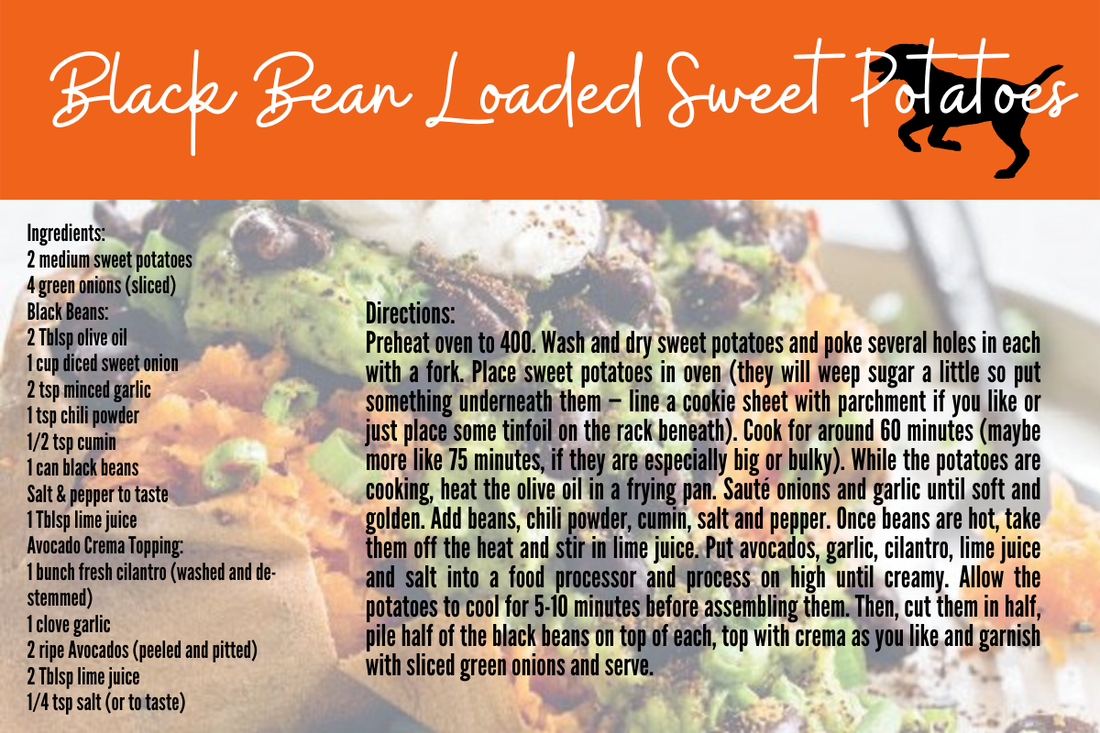
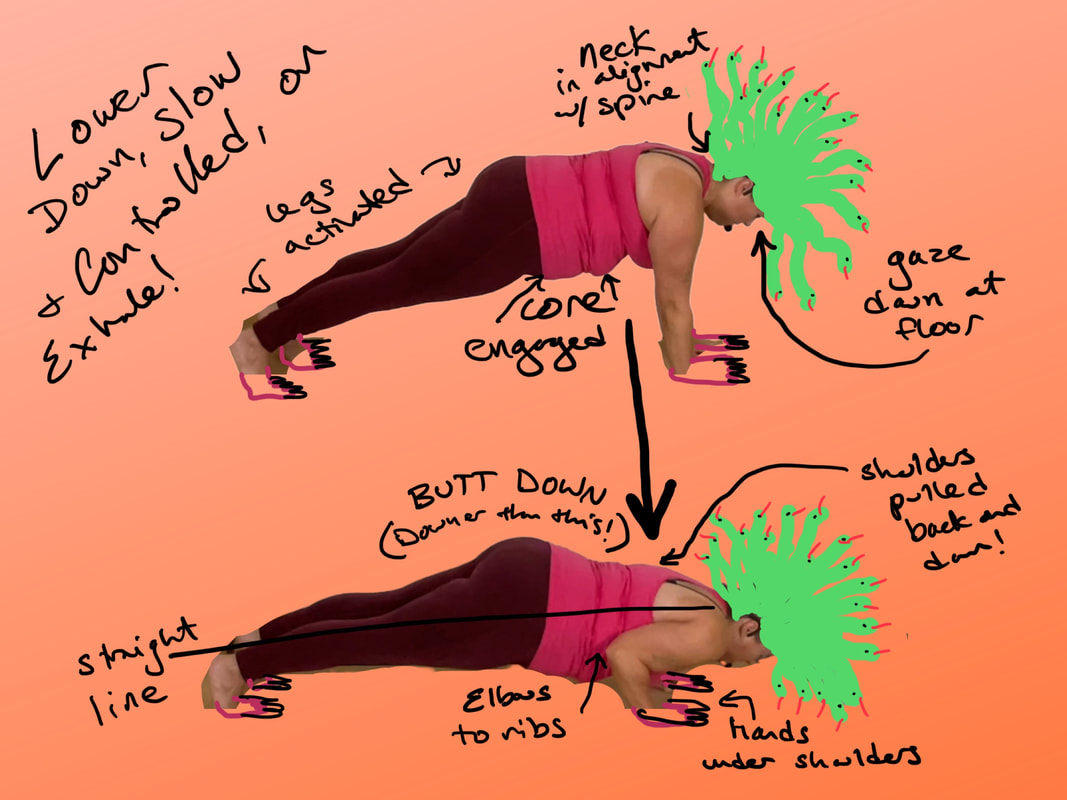
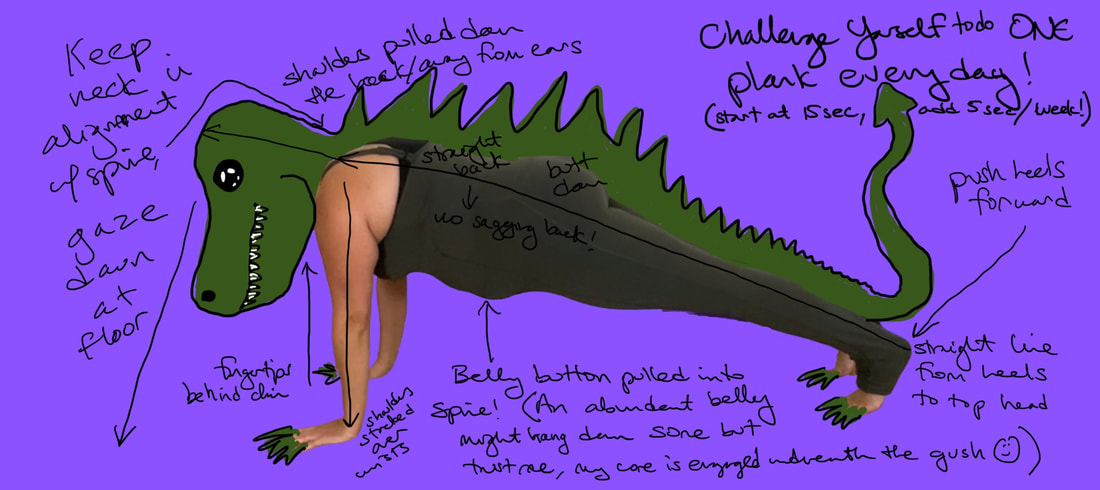
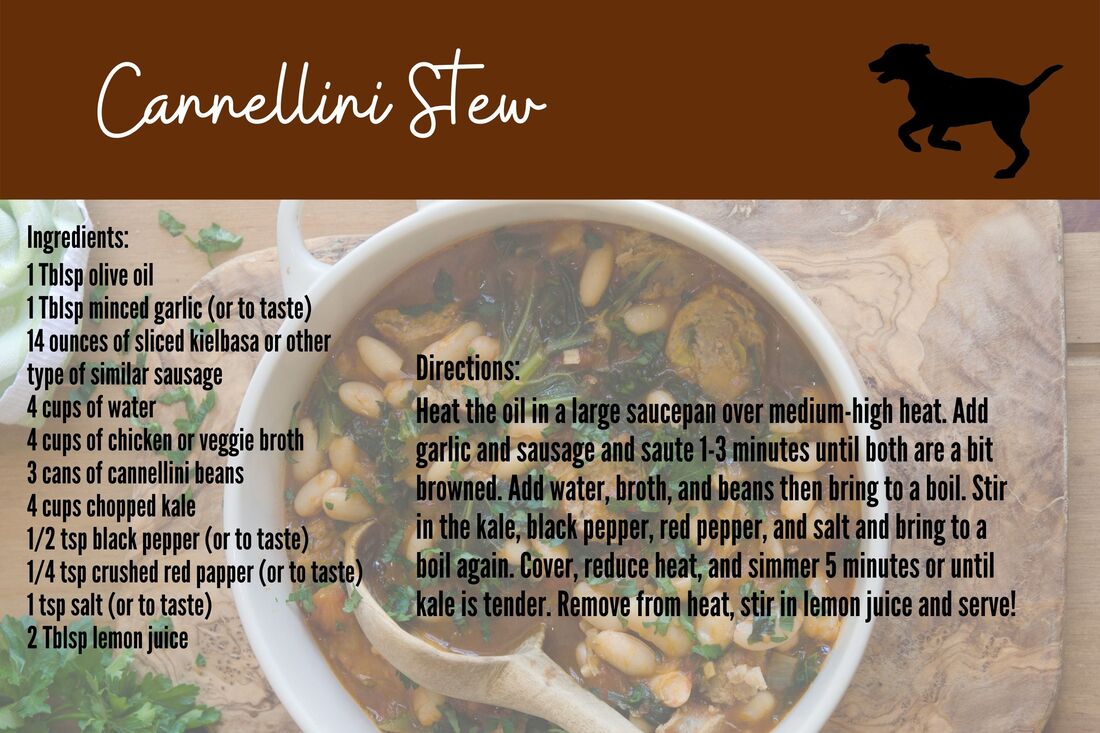
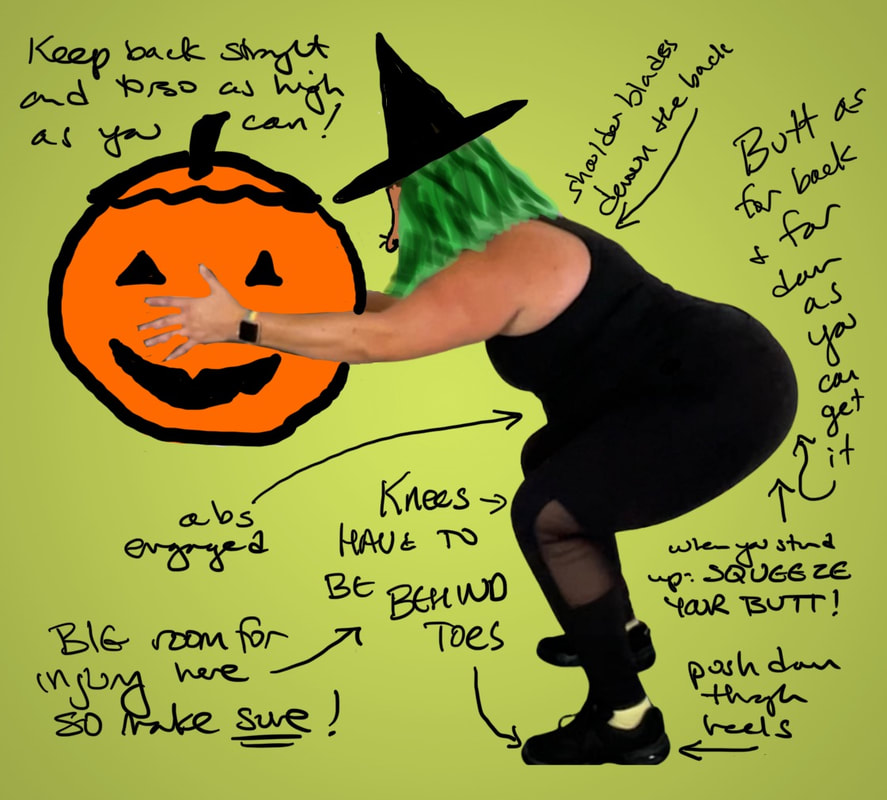
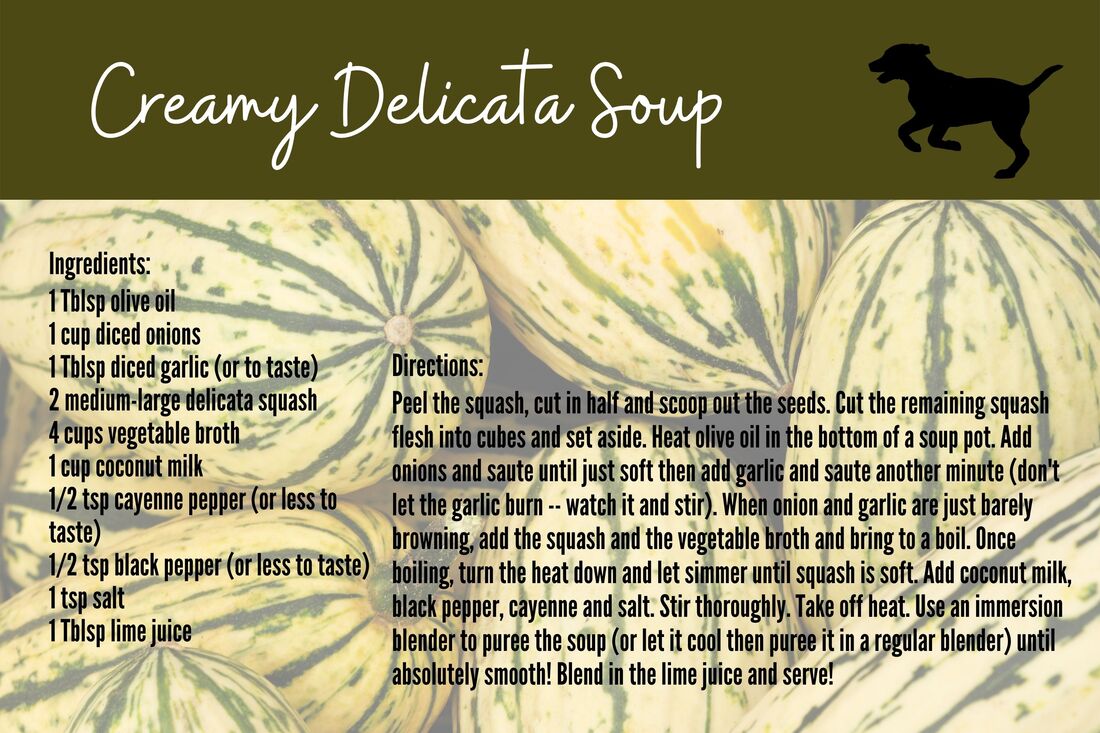
 RSS Feed
RSS Feed